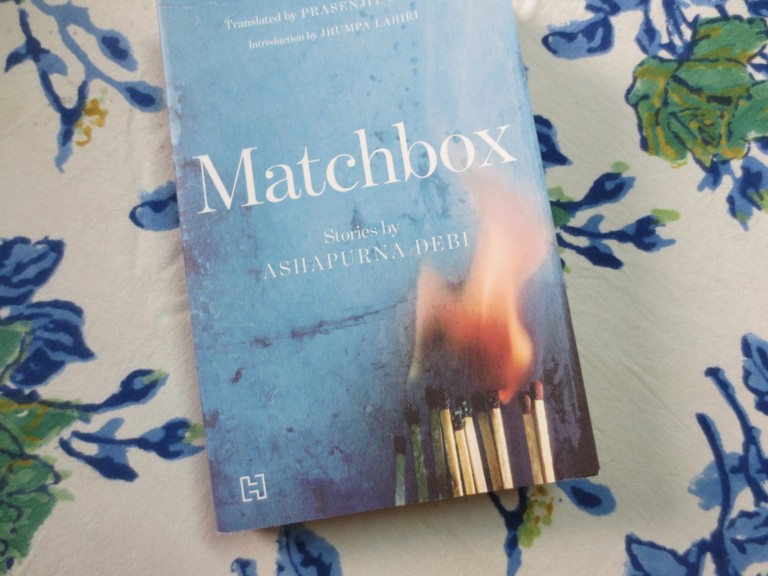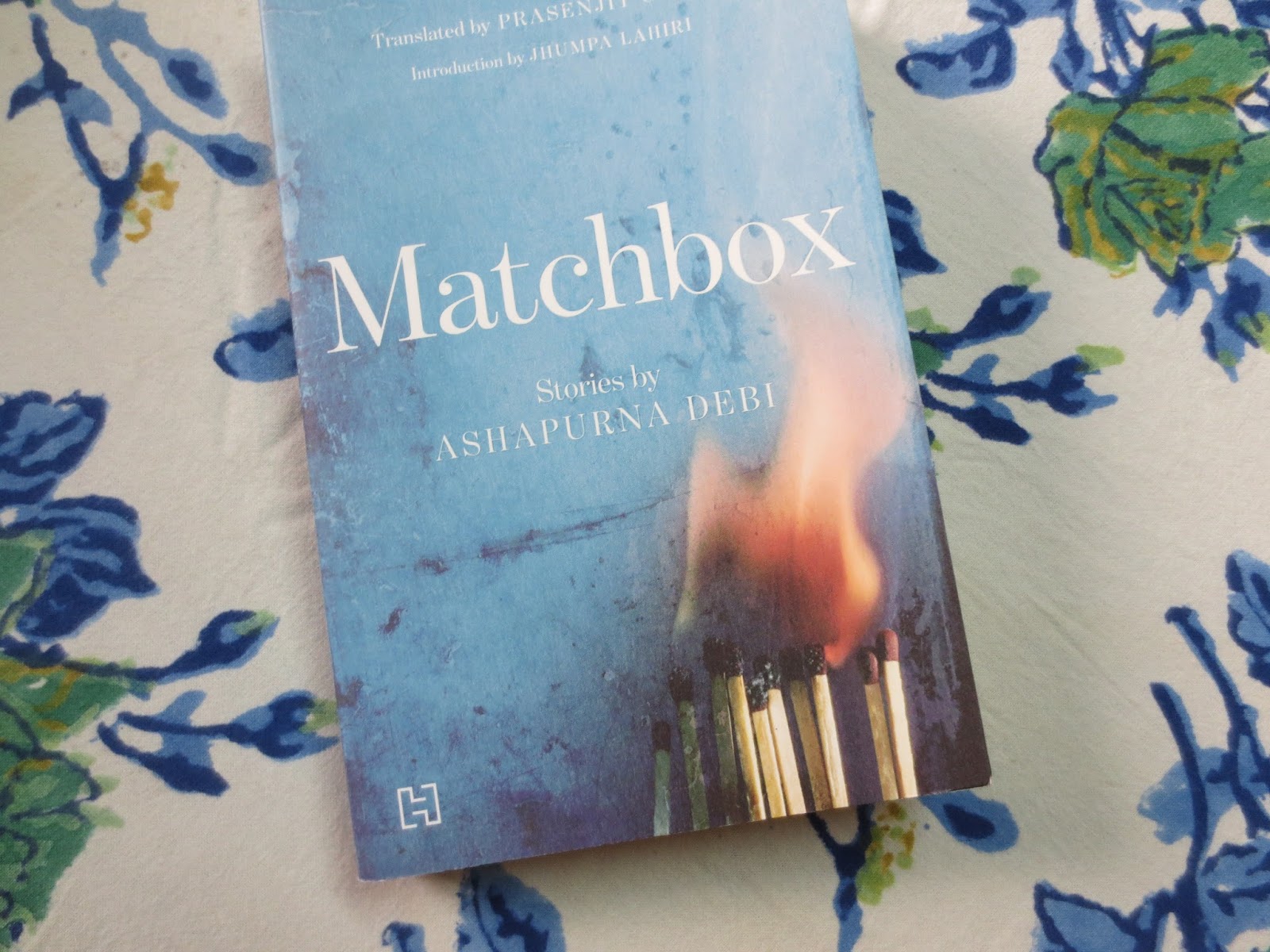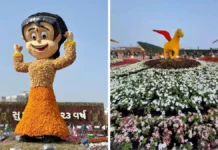 NEW DELHI: Twenty-one stories from the rich collection of popular Bengali author Ashapurna Debi, who gazed into the heart of the domestic life of the Indian woman as no other writer did, have been brought together in a new collection.
NEW DELHI: Twenty-one stories from the rich collection of popular Bengali author Ashapurna Debi, who gazed into the heart of the domestic life of the Indian woman as no other writer did, have been brought together in a new collection.
Over more than 70 years of a writing career, Debi created an extraordinary oeuvre.
In one story after another, numbering into thousands by the time she was done, she examined the imprisonment of the women within their homes and their responses to the power play, pressures and hypocrisies lying beneath the surface of the apparent solidity of the middle-class urban family.
Each of the stories in “Shake the Bottle and Other Stories”, translated by Arunava Sinha, unravels an unexpected, even dreadful, side to the personalities of the women who feature in them.
In every story, a deceptively quiet but potentially explosive act of revolt takes place – or comes close to taking place.
Far from the sweet and submissive stereotype of the wife, mother, daughter or woman of the house that familial structures have enforced, it is the rebellious side of the woman, often forced to emerge through cruelty, viciousness and even hatred that stands revealed.
Debi created rebellious women characters to use them as a medium of protest. But she never tried to broadcast this protest from the rooftops.
Through these women, she attempted to underline the things that disturbed her, caused her pain, wracked her with doubts.
“Shake the Bottle and Other Stories” is published by Om Books.
In the book’s foreword, veteran actor Sharmila Tagore writes about her earlier recollection of Debi that dates back to the early 1960s when she was offered the role of Ghentu in Patha Pratim Chowdhury’s “Chhaya Surjo”, a film based on the writer’s eponymous short story.
“Playing Ghentu, a ‘kalo meye’ or a dark girl, with all its negative implications, who dares to fall in love, gave me immense satisfaction. It was my coming-of-age film. During the shooting, I developed a very special bond with her creator, Ashapurna Debi,” she says.
According to her, the ordinariness of Debi’s women makes their resilience in the face of insurmountable odds, all the more poignant.
“Tragic as they are, her short stories do not succumb to predictable endings,” Tagore writes.
Best remembered for her magnum opus, the trilogy, “Prathom Protishruti”, “Subarnolata” and “Bakul Katha”, Debi published her first poem in a children’s magazine at the age of 13. She was felicitated with the Jnanpith Award and the Padma Shri, thereafter, in 1976. She died in 1995. PTI







